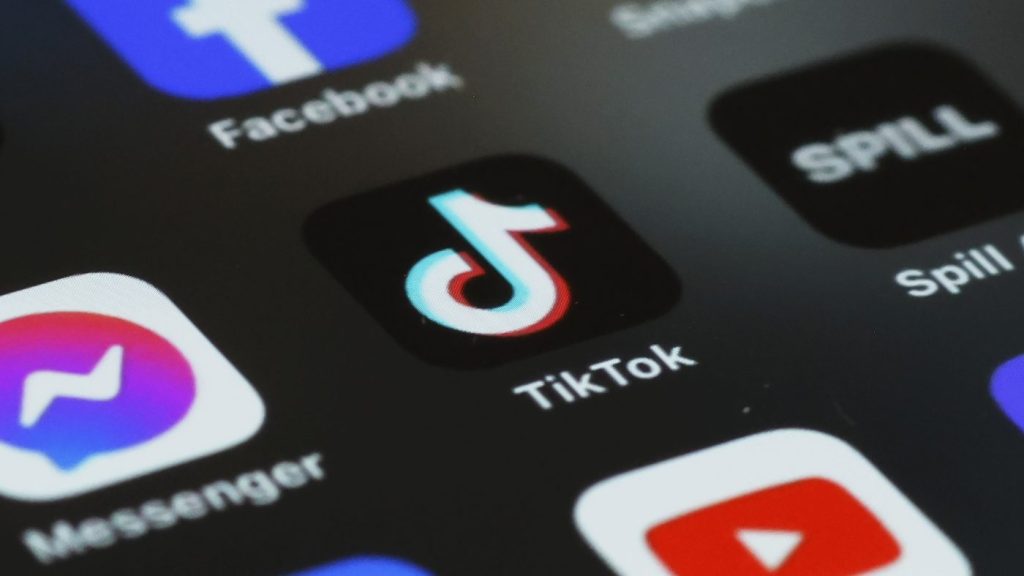The House passed a law last month that would make ByteDance, the Chinese-owned company that owns TikTok, sell the popular app or have it banned in the U.S.
The bill was then sent to the Senate, where its fate is uncertain.
Speaker Mike Johnson (R-La.) caused a stir when he combined an adjusted measure with the $95 billion foreign aid package, which easily passed in the lower chamber on Saturday.
The new measure related to TikTok, tied to the foreign aid package, has different wording than the previous one that was approved in March.
The new measure would extend ByteDance's timeline to sell TikTok from six months to a year, a change that convinced Senate Commerce Committee Chair Maria Cantwell (D-Wash.) to support the bill in the upper chamber. The House passed the foreign aid as a four-point bill, but it is being sent to the Senate as one measure.
What does the future hold for TikTok now?
Why do lawmakers aim to ban TikTok?
TikTok has faced criticism in Congress over its connections to China. Supporters of the measure argue that banning TikTok would stop the Chinese Communist Party (CCP) from accessing American user data that could be used for spying.
TikTok has countered by saying it was not asked to provide the data to the CPP.
TikTok was also questioned about its algorithm recommending sensitive videos, and critics have accused it of being a national security threat, especially before the upcoming presidential election.
What comes next?
The measure to ban TikTok now goes to the Senate.
Senate Majority Leader Chuck Schumer said will consider the foreign aid bill in the lower chamber on Tuesday.
President Biden has expressed his support for the overall measure, which includes the potential for banning the app, and said he would sign a bill that could ultimately ban TikTok if it reached his desk.
How would the ban be enforced?
The law would stop the Google Play Store or App Store from updating or distributing TikTok.
However, in the past, people have found ways to bypass similar bans, such as by changing location or using VPNs, as mentioned by USAToday. When would the ban take effect?
The ban would take effect if ByteDance chooses not to divest within the given timeframe.
The extended time to sell TikTok went up from 180 days to 270 days with the recent legislation. There could also be a 90-day extension granted by Biden.
If the ban happens, it will likely face legal challenges from supporters and TikTok itself, which could lengthen the process.
TikTok and its users have successfully opposed the ban at the state level.
What this means for the future of TikTok
Someone else could potentially purchase TikTok if its owners decide to sell, if a ban is enacted.
Former Treasury Secretary
Steven Mnuchin and “Shark Tank” investor Kevin O’Leary are among those who have shown interest. Do Americans want TikTok banned
Almost half of the participants in the March CNBC All-America Economic
said TikTok should be sold to a non-Chinese company or be prohibited. poll The survey revealed that 60 percent of Republicans back a ban or a sale, while 40 percent of Democrats express the same view.
Younger Americans are less supportive of the ban. The CNBC survey found that 48 percent of 18- to 34-year-olds are against a ban.
Around 50 percent of Americans are in favor of a ban, according to a research from Pew Research Center
published in March. This is 28 percent higher than those who oppose a ban. survey Last month, the House approved a bill that would require ByteDance, the Chinese-owned parent company of TikTok, to sell the popular app or be banned in the U.S. The bill was then sent to the Senate, where its future is uncertain. Speaker Mike Johnson (R-La.) drew attention when he combined an amended measure…









